News Tips
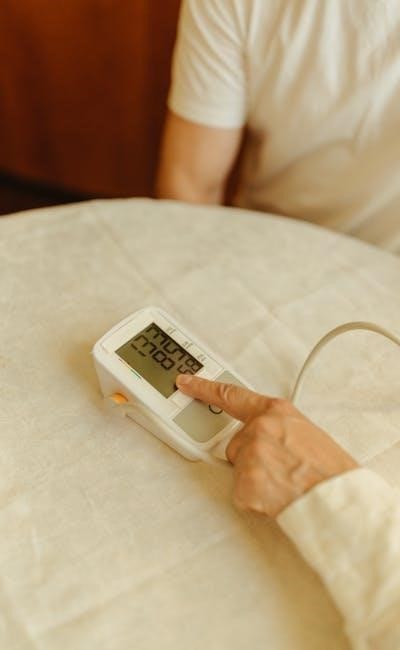
Bed Sore Prevention NYC: RN Protocols for In-Home Skin Integrity
Is your loved one at risk? Uncover the vital routine for preventing bed sores. Our NYC home care experts share the skin safety rules every caregiver needs to know.
Read More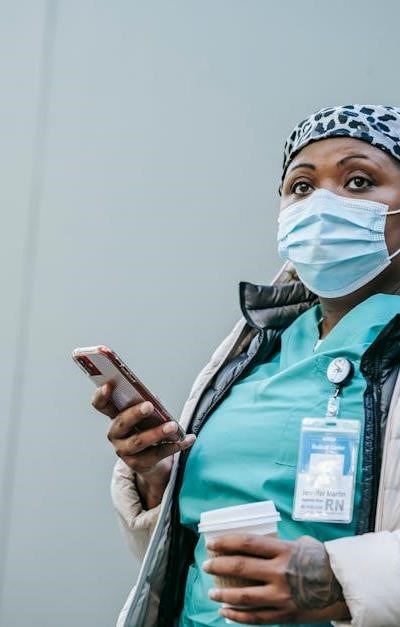
Senior Advocacy NYC: Why Every Family Needs an RN Advocate
Struggling with NYC”s fragmented medical system? See how professional RN Senior Advocacy bridges the gap to prevent errors and protect your loved ones” health.
Read More
Sleep Hygiene for NYC Seniors: RN-Led Protocols for Better Rest
Struggling to rest? We reveal the secrets to better Senior Sleep in NYC despite the noise. Boost brain health and safety with these essential insights.
Read More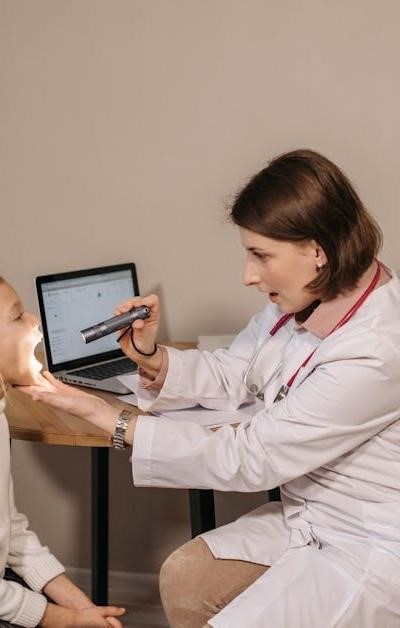
Medication Management NYC: RN Oversight to Prevent Polypharmacy
Juggling pills shouldn’t be a daily struggle. Discover how our RN-led medication management keeps NYC seniors safe, healthy, and independent at home.
Read More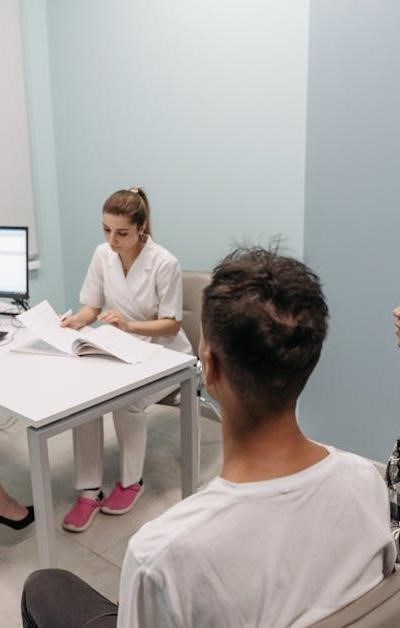
Continuity of Clinical Care NYC: Coordinating Multi-Provider Teams
Is the fragmented healthcare system risking your health? Discover how ProLife Home Care provides the centralized oversight needed to prevent medical errors.
Read More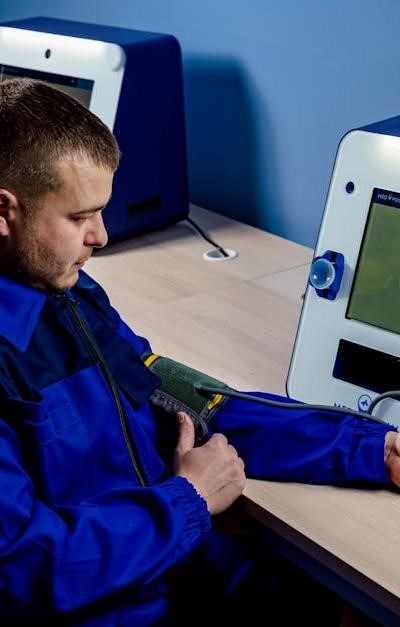
Remote Health Monitoring NYC: How Tech Supports RN Home Care
Experience the new standard of NYC health. Remote Patient Monitoring bridges the gap between discharge and true stability. See how we bring care home.
Read More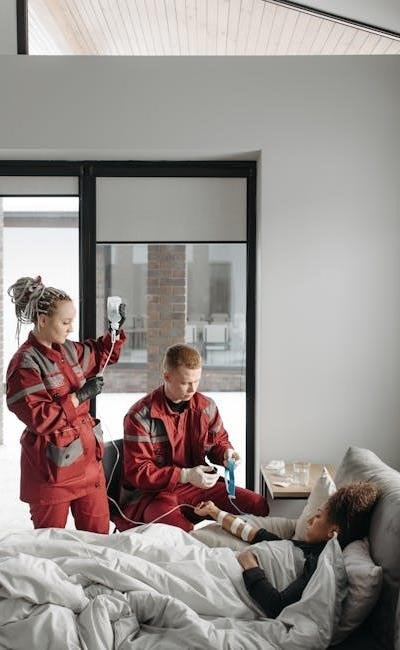
HHA vs. Private Duty Nurse NYC: Identifying the Right Care Level
Your loved one’s health depends on it. We reveal the key differences between HHA vs Private Duty Nursing so you can stop guessing and start caring in NYC.
Read More
Complex Medical Care NYC: RN Oversight for High-Needs Patients
Standard home aid isn’t enough for high-acuity needs. Discover how our RNs provide the superior complex medical care required for a safe return home in NYC.
Read More